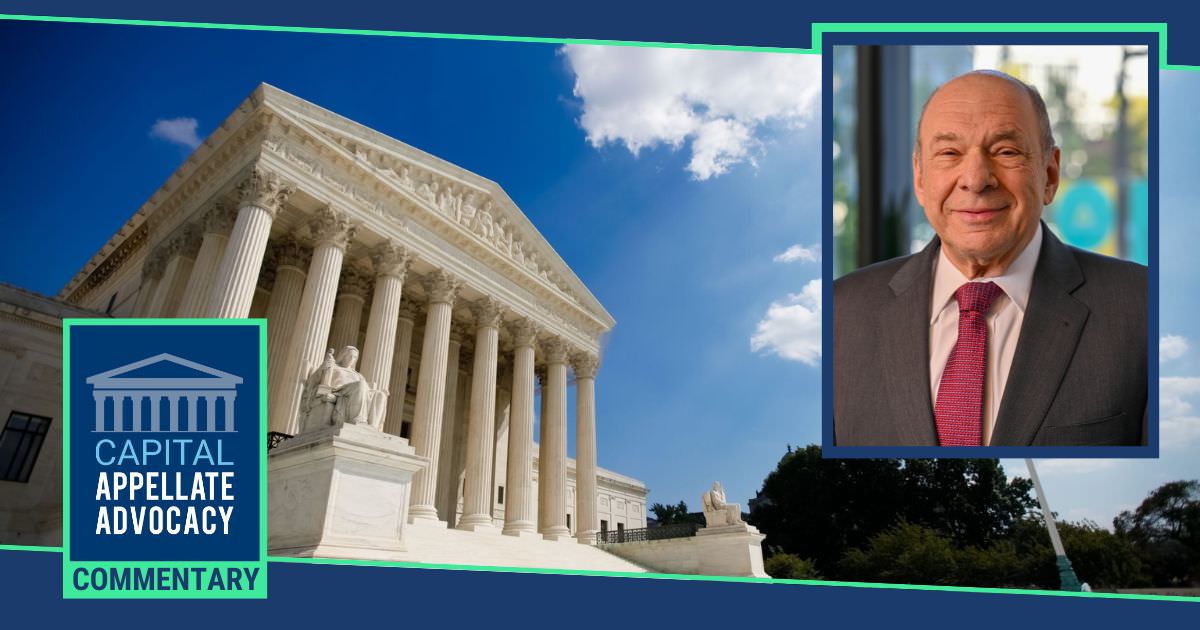Perhaps in anticipation of soon being joined by a ninth Justice, the Supreme Court agreed in mid-January to decide a number of litigation-related issues that may directly affect U.S. businesses:
- Are employment agreements that require disputes to be resolved through individual arbitration proceedings, and that expressly waive participation in class-action litigation, valid?
- What types of “contacts” does an out-of-state U.S. corporation need to have with a State in order to be sued in that State by out-of-state plaintiffs?
- Can the Securities and Exchange Commission (SEC) circumvent the federal 5-year statute of limitations for enforcement of a civil fine, penalty, or forfeiture against a business by claiming that a suit for “disgorgement” of funds is not a penalty or forfeiture?
- Does a proposed intervenor have to establish its own “standing” to participate in a federal district court suit where there is a legitimate case or controversy between the existing parties?
- Should challenges to the scope of the federal Clean Water Act be brought in a federal district court or in a federal court of appeals?
Because each of these issues has the potential to affect a broad range of U.S. businesses and industries, each of the Supreme Court cases in which they arise should be monitored as they are briefed, argued, and decided.

